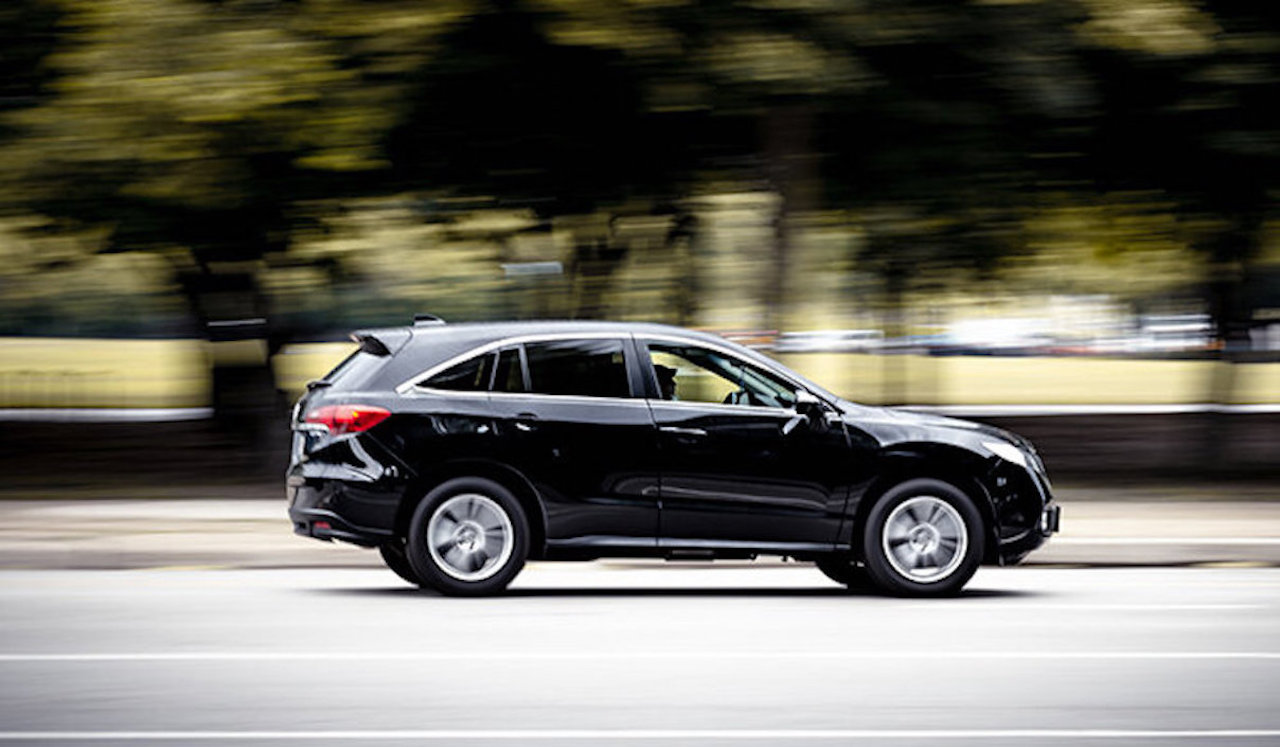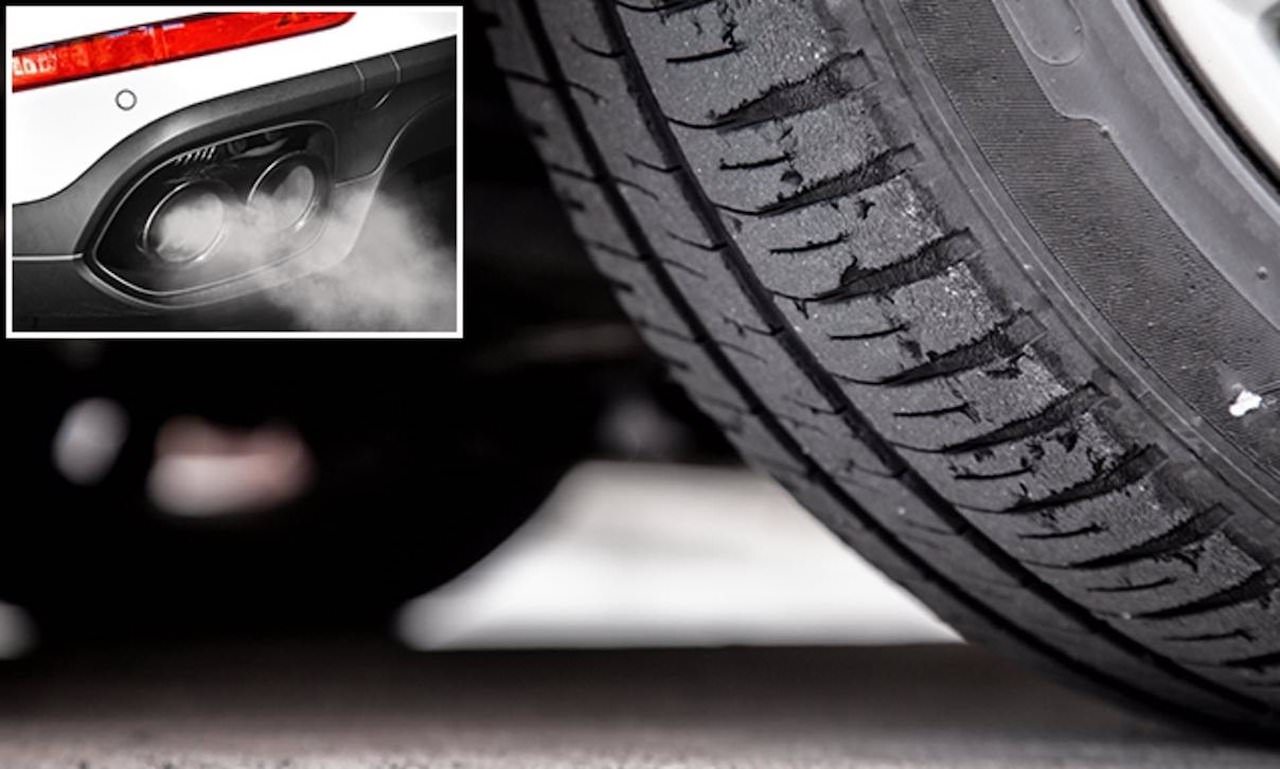Car Tires Emit 2000 Times Worse Particle Pollution Than Exhausts
The car tire particles pollute water, air, and soil due to the presence of various toxic organic compounds, including carcinogens, which could be a major issue for regulators in the future

Image: Emissions Analytics
Car engine experts throughout the world believe that exhaust pipes of vehicles are the major cause of environmental pollution. However, the new Emissions Analytics study has revealed that car tires are emitting more particle pollution while wearing out. Due to the rapidly increasing weight of cars worldwide, the toxic particles released from tires are around 2,000 times worse compared to the exhausts.
According to WION’s recent report, Emission Analytics‘ researchers used high-precision scales to measure the amount of particle pollution released from car tires. The tests revealed that car tires emit over 1 trillion ultra-fine particles for each kilometer driven. This means that particles are even tinier than 23 nanometers. Some particles are even smaller than 23 nanometers, which are difficult to measure and are not regulated in either the United States or the European Union.

Image: Earth
When the pollution particles are so small they can easily get into the lungs and human bloodstream. Hence, such particles can lead to various health issues. This makes it an alarming finding – as around 300,000 tonnes of tires are in the landfills in the United Kingdom and the United States.
Also Read: The Tyre Collective Captures Microplastics Shedding from Tyres
Since it is difficult to avoid tire usage, the best thing to do as car owners is to protect the wheels from wearing off. The experts recommend protecting the tires by avoiding friction on the wheels while practicing safe driving.
On the other hand, you need to ensure your wheels are always even. So, keep rotating them every six months, as it enables you to identify whether they are non-directional or directional. Besides that, some experts are even trying to work on making 100 percent recyclable plastics to prevent pollution.
Via: Grist


